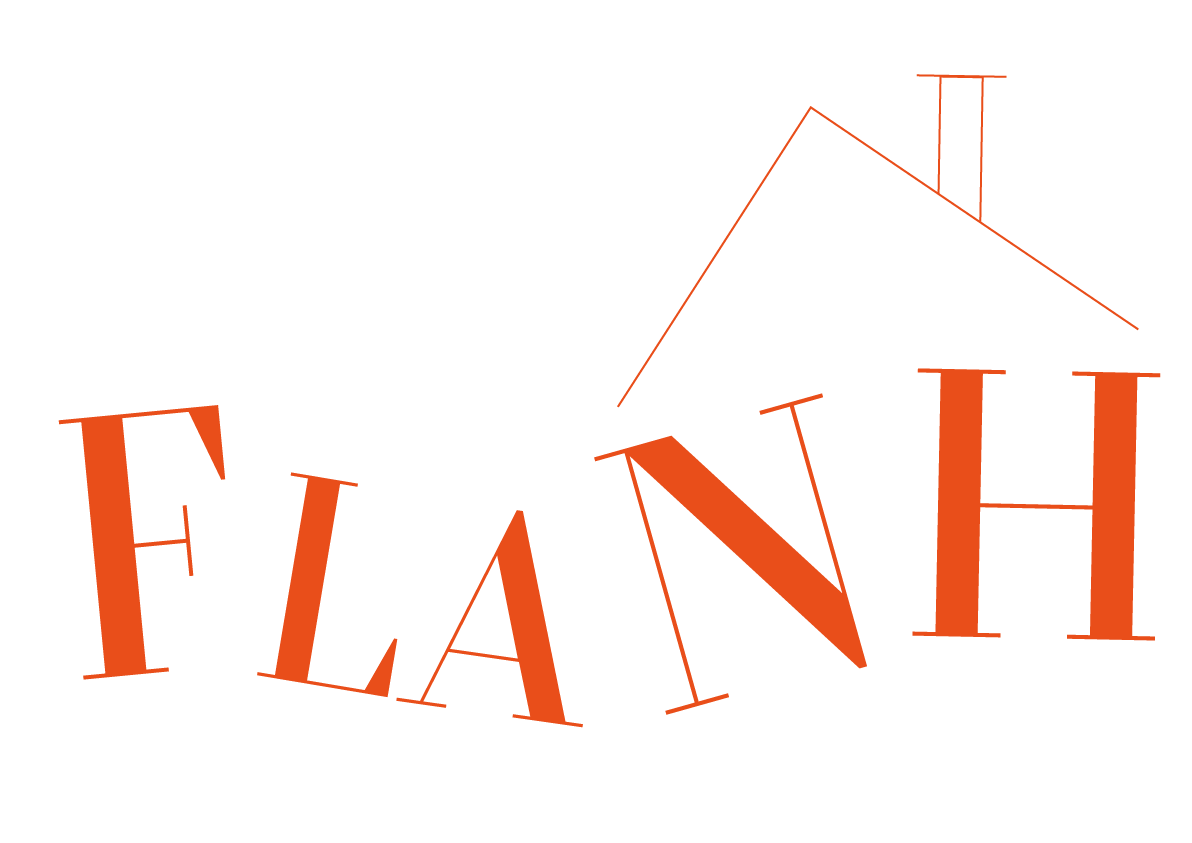In English
The Flanders Nursing Home (FLANH) project is a research initiative by the Gerontology and Geriatrics research unit, funded by KU Leuven and FWO. FLANH focuses on important themes in Flemish nursing homes, such as staffing, work environment, care and support, and the well-being of residents and staff. The project runs from 2022 to 2026.
Introduction
Residents of nursing homes are older and more frail than ever before. As a result, their care needs and the complexity of those needs have significantly increased. Nursing home staff are therefore increasingly challenged to provide high-quality care and support. At the same time, nursing homes struggle with recruiting and retaining qualified professionals. To improve the quality of care, support, and the well-being of staff, it is essential to gain insights into the nursing home context and the interrelated factors that affect both residents and staff. However, scientific research in the nursing home setting is still limited. The Flanders Nursing Home (FLANH) project is therefore a necessary but missing piece of research.
FLANH
The goal of FLANH is to map out staffing, work environment, care and support, and the well-being of residents and staff in Flemish nursing homes.
The study consists of two phases (2023 and 2025) during which we will collect data through a management survey, a staff survey, and the BelRAI Long-term Care Facilities (LTCF) database. The first survey took place between February and July 2023. For each participating nursing home, we collected data on staffing through a survey completed by a management representative. Subsequently, we gathered data from all staff providing care and support to residents through a survey that addressed the work environment, care and support activities, and their well-being. Finally, at the end of November 2023, we requested data from the BelRAI LTCF database for all residents who were living in the participating nursing homes at the time of the survey. In total, 1,524 staff members from 25 Flemish nursing homes completed the survey, resulting in a response rate of 64.4%. Additionally, data were collected from approximately 3,500 residents. A new survey will be conducted in 2025 to examine the evolution over time and identify which work environment factors influence specific outcomes.
FLANH: More than just numbers
In addition to the FLANH survey, a qualitative research component is being established within the project that focuses on creating a positive living environment. Nursing homes serve as a permanent home for elderly individuals who can no longer live independently. Despite efforts to create safe and homely environments for residents, concerns about their well-being persist. Therefore, this research aims to better understand the factors and processes essential for creating a positive living environment in Flemish nursing homes.
First, we will clarify the concept of a "positive living environment" through a literature review. Then, we will interview residents, staff, and informal caregivers to discover which elements contribute to a positive living environment and how these elements are interconnected. We will also focus on the interaction between the living environment of residents and the work environment of staff, as the well-being of residents may be closely linked to the working conditions of staff.
All findings will be summarized in a visual systems thinking model that reflects the complex dynamics of the living environment. Ultimately, the research aims to contribute to improvements and adjustments in practice and policy to create more positive conditions for both residents and staff.
